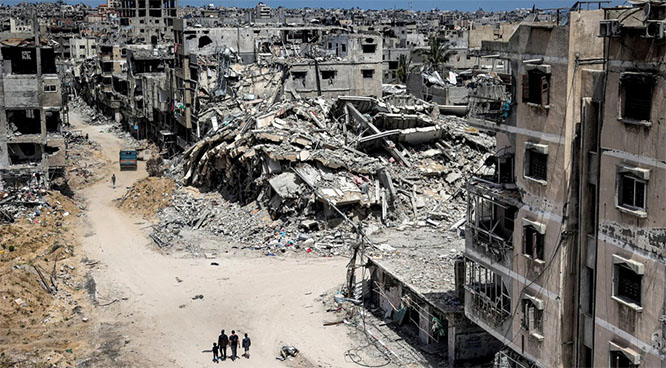
Dubai, April 9: Dubai’s private schools received the green signal on Sunday to increase fees as the Knowledge and Human Development Authority (KHDA) announced a new school fees framework.
Fee increases for the new academic year will range between three to six per cent this year based on an educational cost index (ECI), which will be announced regularly by the Dubai Statistics Centre (DSC), and the school inspection report issued by the Dubai School Inspection Bureau (DSIB).
‘Outstanding’ schools will be allowed to increase their fees at double the rate of the ECI, which will amount to six per cent for the new academic year.
‘Good’ schools can increase fees by one and half times, which amounts to 4.5 per cent. ‘Unsatisfactory’ and ‘acceptable’ schools will be allowed to increase fees at three per cent. The DSIB classifies schools into outstanding, good, acceptable and unsatisfactory following an inspection cycle. Fee increases were tied to school inspection results in 2008 as increases were directly linked with the quality of education at schools.
Fee increase requests by most schools have been stalled since 2010 as the Dubai Executive Council had ordered a freeze on school fees. However, a few education operators were given a nod to increase fees over the last three years.
Taking into account the school inspection results, the new rules are aimed at regularising fee increases and tying them with the quality of education in Dubai’s private schools.
Mohammed Darwish, chief of Regulations and Compliance Commission at KHDA, said: “The framework prioritises the interests of students and parents and encourages investment in the education sector by allowing schools to develop long-term growth plans, as well as motivating existing schools to improve the quality of education they offer.”
While the new regulations are being developed after taking feedback from students, parents and schools, the increase comes as a surprise to many parents.
“Every parent wants the best for their child and these schools know about it very well. The fee hikes are something we can’t avoid and we can’t help but feel exploited,” said a parent who did not wish to be named.
In addition to the existing fee increases, ‘outstanding’ and ‘good’ schools can apply for exceptions to meet additional cost of investments in educational infrastructure. Admission and registration costs will also be regulated with the new rules.
The Department of Economic Development, Department of Finance, Dubai Chamber of Commerce, Dubai Real Estate Corporation, Dubai Statistics Centre, Dubai Executive Council and KHDA worked on developing the framework, which will be a medium to long-term solution to review fee increase applications by schools.






Comments
Add new comment